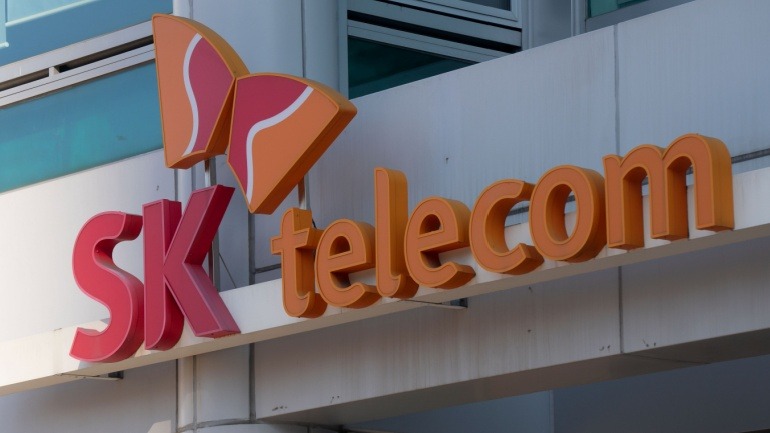A ground-breaking decision emerged from the US Senate with a 79 to 18 in favor of a new regulation requiring TikTok’s Chinese parent corporation, ByteDance, to divest from the social media platform or risk a US prohibition. The bill specifies a timeline of nine months for ByteDance to offload its dominant 60% stake in TikTok, failing which the app would face a blockade in the US digital space.
President Biden has already pledged to set the bill into action as it lands on his worktable. The contentious law is the result of mounting apprehensions in the US about TikTok’s algorithm, which is controlled by ByteDance. The fact that ByteDance, being a Chinese entity, could potentially be compelled to relay American user data to the Chinese Communist Party, has been the touchstone of this concern.
TikTok’s chief executive officer Shou Zi Chew dismissed these assumptions on the record. He declared in January, during a congressional hearing, that there exists no proof pointing to the Chinese government having access to US data. “They have never asked us for it,” Chew openly said.
Nonetheless, in a subsequent congressional session, Senator John Cornyn (R-TX) queried Chew if he was aware that every piece of information gathered within the People’s Republic of China is obligatory to be made available to Chinese intelligence services as per their national law.
ByteDance will need the green light from the Chinese government to abide by the new bill and divest its stake in TikTok. However, China expressed its strong disapproval of US attempts to ban the popular app and has shown reluctance in permitting a sale of the stake.
Considering these circumstances, ByteDance is likely to resort to legal measures if President Biden ratifies the newly passed bill, miring the company even deeper in legal complexities. Interestingly, the Trump administration made a similar bid in 2020 to coerce ByteDance into letting go of TikTok, but their efforts were thwarted in the judicial arena.







